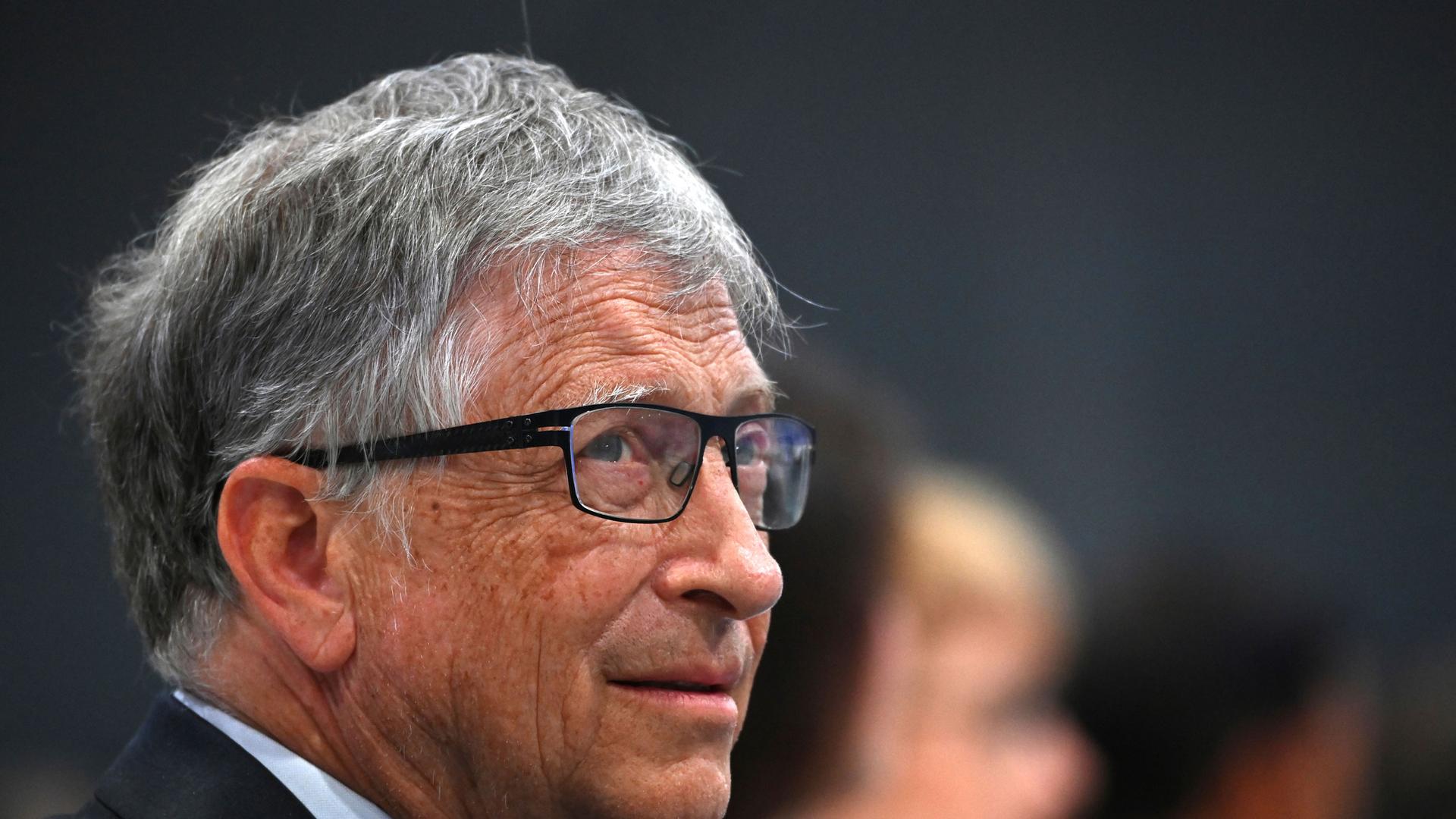This analysis was featured in Critical State, a weekly foreign policy newsletter from Inkstick Media. Subscribe here.
Last week in Deep Dive, we looked at research on the role foundations do (or, perhaps more accurately, do not) play in democratization around the world. This week, we’ll look at an issue area where the philanthropic arms of the worlds’ super rich claim to have a greater impact: climate change.
Related: Foundations of international relations: Part I
In some ways, climate is a natural area for foundations to work in. For one thing, the uber rich are outrageously more responsible for climate change than the average human. Even aside from the carbon footprint of private jets, vanity space programs, and other trappings of supervillainy, the fact remains that even the most low-key billionaire burned a lot of carbon to get where they are. Capitalism has not yet produced its first green billionaire, and maybe it never will. If foundations are meant to turn the assets of the super rich into good for the world, climate work offers an opportunity to mitigate some of the harms that generated those assets.
Related: Glasgow summit pledge to phase out fossil fuel subsidies faces an uphill battle
For another, it is largely the interests of the super rich that will be affected by climate mitigation efforts. With their funders’ skin in the game, foundations have an extra incentive to insert themselves into international climate action. It’s that impulse that political scientist Edouard Morena wrote about in a recent article in the journal International Politics. Morena dug into the archives to track how foundations involved themselves in international climate policy and what kinds of reforms they favored.
He found that foundations in the US (where they play an outsized role in policymaking compared to the role of foundations in other democracies) played two key roles in bringing international climate action to the point it is at today. The first, arguably positive, is that foundations worked diligently to bring the US into dialogue with the rest of the world about climate and to keep it at the table. The US — the largest historical carbon emitter in the world and still a massive contributor to fossil fuel output — has long been reluctant to consider the kinds of reforms that are necessary to avert ecological catastrophe. Dating back to the 1980s, longstanding US foundations like the Rockefeller Foundation funded efforts that created key climate organizations like the International Panel on Climate Change (IPCC) and the United Nations Framework Convention on Climate Change secretariat (UNFCCC). The Rockefeller Brothers Fund acted as behind-the-scenes dealmakers to protect the IPCC and UNFCCC from fatal interference from US government figures that had an interest in climate denial.
Related: World leaders pledged to end forest loss. What will it take?
In the late 1990s, however, the structure of US philanthropy in the climate space began to change. The rise of Silicon Valley and the gobs of cash that came with it brought new players to the table. The Gates’ and Moores were no more eager to pay taxes than the Rockefellers or Fords had been, so a new generation of foundations was born. These new foundations, however, had a different political bent than their predecessors. Still interested in climate issues, they wanted to pursue action on climate through programming that emphasized, rather than limited, capitalist approaches. The “greed is good” method of climate mitigation sought to find technological and market solutions to emissions issues, hoping that the prospect of getting rich on green energy would drive transformational innovation. These approaches were hugely influential — by 2012, the five foundations that most backed these approaches accounted for $350 million of the $450 million being spent annually on climate mitigation philanthropy.
The advocates of this new approach worked diligently to freeze out activists who argued for more drastic, government imposed curbs on carbon emissions. A 2015 publication by a coalition of “greed is good” advocates lumped together climate deniers and “climate idealists… frustrated with the progress made to date… in light of the necessary emissions reductions required” as equally dangerous to the movement to limit climate change. Their spending power and their targeting of more progressive voices has, Moreno found, served to keep the interest of the US (and, by extension, its billionaires) front and center in the climate debate. Market-based approaches to climate mitigation demand much less change to the US economic structure than the top-down approaches advocated by progressives, and there is little to suggest that they will yield the same emissions reductions that more drastic reforms could produce. As people in the US and around the world become more concerned about climate change, and appetite for drastic change increases among the average person, the role of foundations involved in climate advocacy in protecting the interests of billionaire funders should not be overlooked.
Critical State is your weekly fix of foreign policy without all the stuff you don’t need. It’s top news and accessible analysis for those who want an inside take without all the insider bs. Subscribe here.
